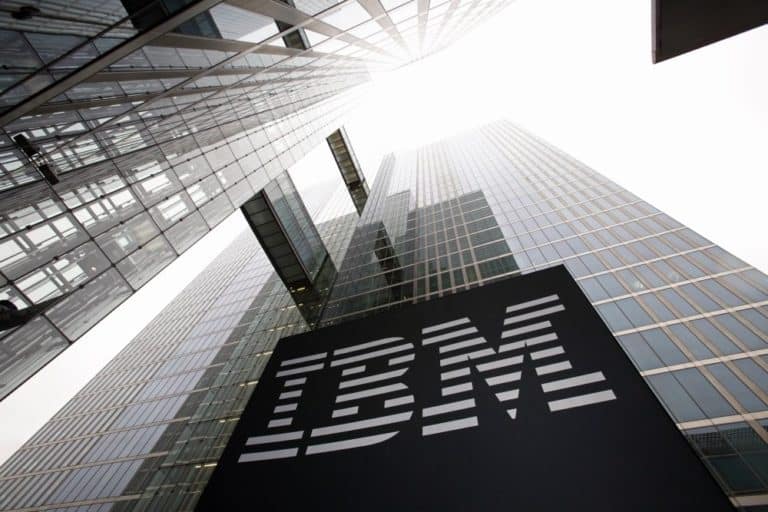Serverless computing has already taken a journey. The early days consisted of services that were implemented in lightweight mobile or web apps. In a recent briefing with analysts, IBM told of its plans for serverless services in its cloud.
The future is pointing away from simple function services. For IBM, the roadmap involves building applications for complex supercomputing. This plan falls under the IBM Cloud Code Engine umbrella, which rolled out earlier this year. The aim is to be a broad-based platform for automating deployment and running code across a broad spectrum of use cases.
The road ahead
The uses cases could include PaaS, containers-as-a-service, and batch jobs. Going into supercomputing is a far cry from where serverless computing originated.
Part of this roadmap by IBM is having the engine provide a full spectrum of services, beginning with functions as a service, which the company has offered for some years now.
Serverless has always been about simplification. In the beginning, it focused on eliminating the need for developers to provision or scale infrastructure. The prevailing idea is that developers need to be proficient in computing languages they choose (Python, Java, JavaScript, etc.) but not have to worry about setting up or managing distributed infrastructure or the internal structure of K8s (Kubernetes).
From basic to complex
IBM already offers the basic functions as a service, as do the other big cloud companies. When serverless started, the most advanced things it could do included auto-provisioning and auto-scaling simple, short-term workloads on commodity compute instances.
IBM plans for Code Engine to do more than simple tasks and go as far as to containerize applications.
There’s more, IBM’s roadmap focuses on PaaS to containerize, deploy, scale and run code, all under the same umbrella. IBM is not alone in aiming for this target, but this is a big first step.
